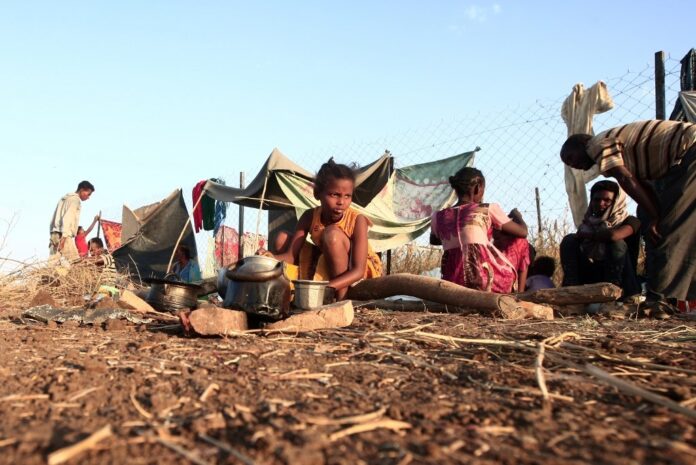Farai Mabeza
Amnesty International has called on all parties to the conflict in Ethiopia to prioritize the protection of civilians, and to grant access to human rights monitors and humanitarian organizations.
The conflict in Ethiopia’s Tigray region is on the brink of a deadly escalation after Ethiopian Prime Minister Abiy Ahmed gave fighters loyal to the Tigray People’s Liberation Front (TPLF) 72 hours to surrender before the military begins an assault on Tigray’s capital Mekelle.
“The conflict in the Tigray region has already claimed hundreds of civilian lives, left many more injured, and forced thousands into refugee camps in neighbouring Sudan. viagra femme avis As Ethiopian federal troops begin preparations to encircle Mekelle, Amnesty International reminds all parties that deliberately attacking civilians and civilian objects is prohibited under international humanitarian law, and constitutes war crimes. Indiscriminate and disproportionate attacks are also prohibited,” Deprose Muchena, Amnesty International’s Director for East and Southern Africa, said.
“As well as abiding by this prohibition, commanders in both the Ethiopian national army and the TPLF must take active steps to protect civilians during any fighting, including by taking all feasible precautions to avoid harm to civilians and civilian infrastructure and avoiding locating military facilities and soldiers near concentrations of civilians”.
In a statement Amnesty International said it was particularly concerned about potential civilian casualties after military spokesman, Colonel Dejene Tsegaye, appeared on state-run TV and said the Ethiopian government wanted to send a message to the public in Mekelle to save themselves from any artillery attacks and free themselves from “the junta”.
“After that, there will be no mercy,” the Colonel is quoted as saying.
Amnesty International called on all parties to the conflict to not target civilian facilities such as hospitals, schools, and religious institutions, and residential neighbourhoods and avoid placing military facilities such as camps near or in civilian areas, and ensure that they do not use civilians as “human shields.”
Amnesty International wants the warring parties to avoid using explosive weapons with wide area effect — including artillery, mortars, and unguided aerial bombs – in populated urban areas and other concentrations of civilians.
The organisation added that there should be unfettered access to humanitarian organizations throughout Tigray, where access to much-needed relief aid has been hindered since the start of the military offensive on 4 November and immediate restoration of telephone and internet communications in Tigray in respect of the right to freedom to expression.
Hundreds of thousands of Tigrayans were already dependent on food aid even before the conflict begun.














